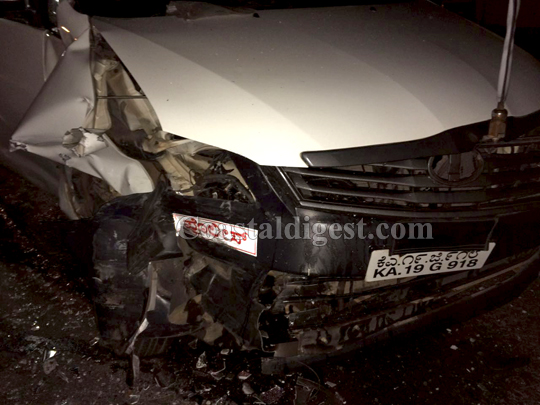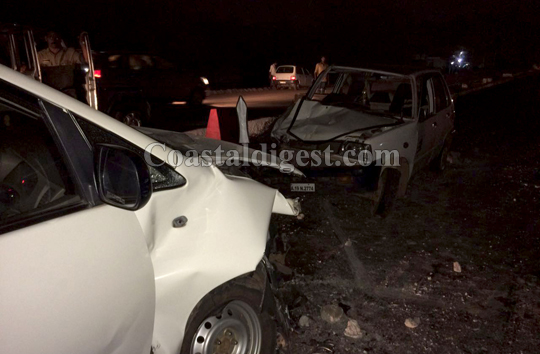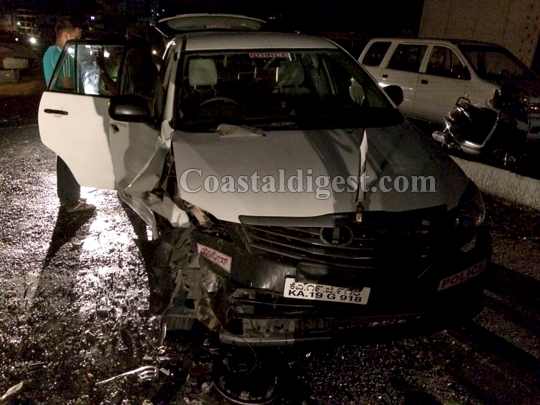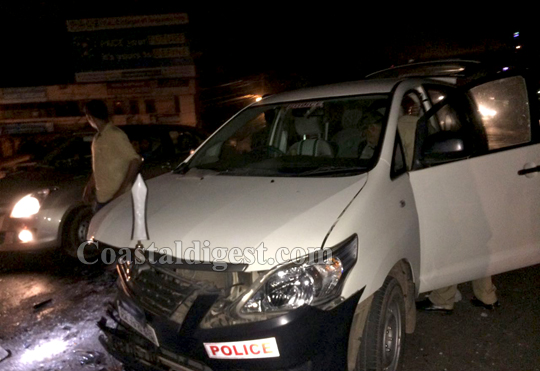Bengaluru, Jan 19: Australia has conferred its highest civilian honour, the Order of Australia honour, on Biocon founder Kiran Mazumdar-Shaw for her contribution towards advancing the country's relationship with India.
Australia's High Commissioner to India Harinder Sidhu invested Mazumdar-Shaw as an Honorary Member within the Order of Australia (AM) in the General Division at a ceremony in Bengaluru on Friday, the Australian High Commission said in a statement.
An alumnus of Federation University Australia, Mazumdar-Shaw is the founder of Biocon, one of India's largest bio-pharmaceutical companies.
She contributes immensely to promoting women in STEM through the joint research programmes developed between Biocon and Deakin University, Australia, as part of her deep and long-standing commitment to gender equality, the statement said.
Mazumdar-Shaw - an Australian Global Alumni Ambassador - is also recognised for her sustained and significant contribution to industry academia collaboration between Australia and India, it said.
The ceremony was attended by representatives from Indian and Australian business, the diplomatic corps, and family, friends and peers of Mazumdar-Shaw, the statement said.
Speaking at the event, Sidhu said, "Dr Mazumdar-Shaw is a tireless champion of the commercial, educational, and people-to-people links between our two countries, and this award recognises her commitment to progressing the Australia-India partnership."
Honorary appointments in the Order of Australia are made to foreign nationals who have made an outstanding contribution to Australia or humanity at large.
Mazumdar-Shaw is the fourth Indian citizen to be awarded Australia's highest civilian honour.
This follows the conferment of superstar batsman Sachin Tendulkar in 2012, Former Attorney General of India Soli Jehangir Sorabjee in 2006, and Mother Teresa of Kolkata (Agnes Gonxha Bojaxhiu) in 1982.











Comments
Please stop the blame game! Police are, sometimes, require to take wrong route ( not in this case, I suppose) to reach the spot. Besides, they are also human beings.
sad incident, wishing for speedy recovery.
its a totally mistake of police car,
for police no rules no fines applicable, they can travel anywhere they want free car and free petrol,
Add new comment